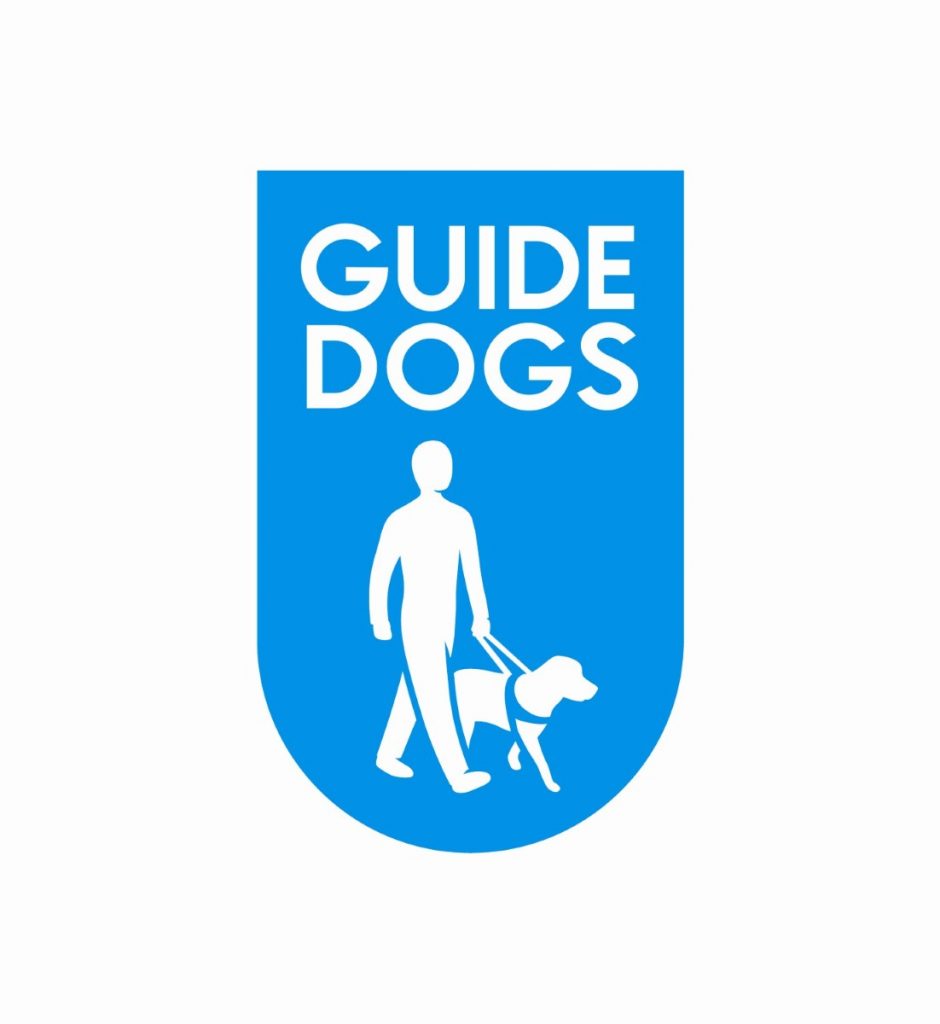Guide Dogs for the Blind: Compulsory microchipping will encourage responsible dog ownership
by David Cowdrey, Head of Public Policy & Campaigns, Guide Dogs for the Blind
People ask me what good will putting a microchip in a dog do to prevent dog attacks? My answer is that this will be about responsible dog ownership. It will help prevent backstreet breeding of dangerous dogs, provide police with a targeted enforcement mechanism and will help to enforce dog control orders. I believe that small steps can create a big change in society and compulsory microchipping is one of them.
Anyone who has seen a dog attack knows how traumatic it can be. I believe that microchipping has an important role to play as it will record the owners name address, telephone number and postcode as well as the name and breed of the dog. I also hope that any change in the law will make any change of details to the microchip register the responsibility of the owner, so rather like filling in the new owner slip on a car. This would keep track of dog owners and any offences would be traced back to the registered name. It would also mean that dangerous dogs which have been seized, that any bills for kennelling can be recharged to the owner, saving large sums of money each year.
Microchips won’t stop dog attacks, but will encourage responsible ownership and that in turn will help reduce the chances of dogs and especially guide dogs being attacked. More than three guide dogs are being attacked every month. That said, each attack is really traumatic and may lead to veterinary or medical care for the owner. The cost of dog attacks physiological impact to the dog and owner cannot be under estimated.
Some guide dogs may need to be retrained or even retired because of dog attacks, leaving the owners without a trusted companion and a mobility aid. This in turn has a personal impact on an individual’s mobility to travel, so we must never underestimate the impact of dog attacks.
On a more positive note, the benefits of compulsory microchipping are clear for all to see. Should your dog become lost or stolen or even involved in an accident, the microchip will help reunite owners and dogs.
The great benefit is that microchips are safe for the dog and provide evidence of ownership. They are relatively cheap – between £5 to £15 from your local vet. Some charities are offering either a free chipping service or they will cover the cost of chipping if you are unable to afford it.
I believe that the compulsory microchipping of dogs makes sense at every level and provides a mechanism for targeted police enforcement, which is very cost effective and can directly tackle the very serious issue of status dogs being used as weapons. We do not envisage police forces trying to check every single dog is microchipped, as this would make any new legislation unenforceable, but the targeted approach makes social and economic sense. The scheme would cost the government nothing to run or maintain and provides an answer to responsible dog ownership for everyone.
David Cowdrey
Head of Public Policy & Campaigns
Guide Dogs
10 Melton Street, London
NW1 2EB
Telephone: 0118 983 8304
Blackberry: 07990 540045





-01.png)